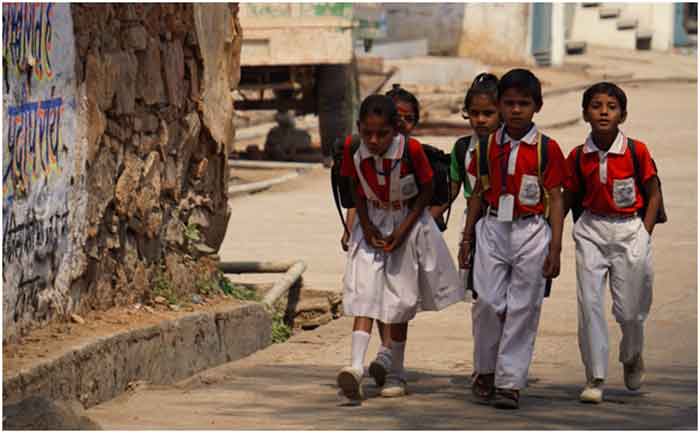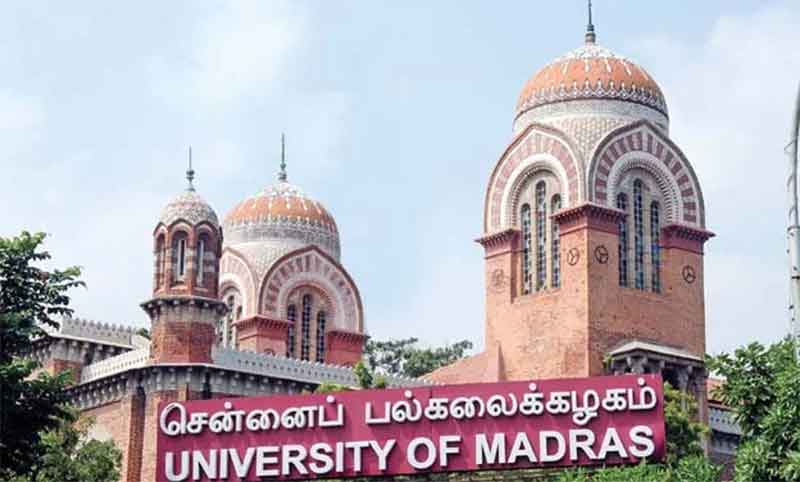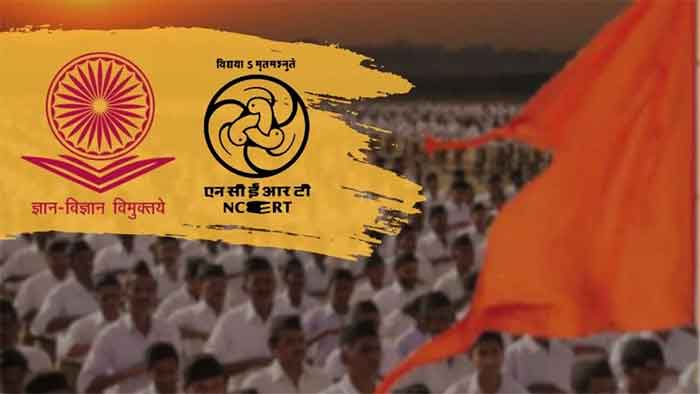
“True education must correspond to the surrounding circumstances or it is not a healthy growth.”
– Mahatma Gandhi
Reports and Surveys such as the Annual Status of Education Report (ASER) by NGO Pratham or National Achievement Survey conducted by NCERT repeatedly point out that the learning outcomes in school children are steadily declining. There can be two aspects to this – one, that the way in which the surveys, exams or assessments are conducted should itself be taken with a pinch of salt and another, how can we improve the overall assessment process.
Assessment of learning levels is a very crucial component for improving our policies as well as their proper implementation. But centralised tests that are being in place currently don’t do any good.
National Achievement Survey itself mentions the challenge in terms of developing tests to measure the abilities in children across states. As per the ASER Assessment and Survey Framework, the same set of assessment tasks are given to all children irrespective of age or grade. The following table gives the curriculum mapping for ASER tools.

Prof. Anita Rampal, former Dean, Faculty of Education, Delhi University, calls it a manufacturing crisis. What the assessments and reports of the organisations like Pratham do is to build a discourse around children not knowing anything. It demoralises our government schools and our teachers without realising the kind of challenges that they are facing. Taking the example of government schools in the national capital, in grade three, some assessment is taken and students who perform poorly on those tests are clubbed into a separate section. Further, later on, these students then get pushed into open schools so that they do not ‘tarnish’ the results of the school. This kind of process can never assure better learning outcomes for children. We can’t motivate children to learn after labelling them as slow or poor learners, putting them in different sections and having different curriculum for them. This creates another hierarchy on the basis of the so-called ‘ability’ at such a young age.
Prof. Rampal proposes that instead we need to have authentic assessments which do not just try to assess whether a student gets one number correct, or one answer correct but rather it’s authentic to see one’s understanding or ability to perform certain things.
The way the exams are held currently can certainly not be an ideal way to assess students. Say if students are just asked to average five numbers, it’s difficult for them as they cannot make sense of the process. In schools, these are taught like algorithms and rules and the focus is not on making the students understand what it exactly means. The students too memorise these rules without much understanding. It devalues any meaningful education that anyone might try to incorporate in a school system. It just encourages getting marks and memorising information and there is hardly any scope of understanding anything. The system which bases everything on marks and objective evaluation makes sure that it doesn’t matter whether one learns or not, it’s just being used as a stepping stone for the next phase of education or as a qualification to apply for jobs. No one bothers whether it’s transforming the students into a better human being or not, whether it’s making them understand the world around them and prompting them to be inquisitive and to ask questions or not. All that is considered a waste of time.
The ideal approach should instead be to put students on the path of discovery and towards learning by doing. No textbooks or lecture can provide all the information to the students. Rather the pedagogy should be such that students should be encouraged to try, explore and learn together in groups. We have to trust the children’s learning process and look for ways to facilitate that so that they are able to think out of the box.
Take the example of Finland. Finland’s system doesn’t have any standardised assessments. There’s only a National Matriculation Exam after upper secondary and that too is voluntary. Moreover, in Finland, there’s a lot of support to children without any labelling. Their best teachers are, in fact, in charge of immigrant children because they have the thinking that every child can learn. In Finland, they have support programs for all children. And without labelling, they get support for reading and writing. They focus on equity, keeping the feeling that everyone has the ability to do something together.
Prof. Rampal did a project with ten volunteers of class eight where the volunteers had to keep the entire record of the midday meal for the whole school and thus had to keep track of how many children were eating, how many packets are coming etc. In this process, they handled data, often learning by themselves and coming out with ways to improve the data-keeping. Moreover, they worked together as a group for that objective. By the end of the project, they even realised some discrepancy in the whole procurement process, which the school authorities had missed. This shows that if the students feel a sense of purpose in the assessment, they feel involved and get engaged with the whole process in a better way, in turn, improving the learning outcome.
Concludingly, assessing students is a process tied to learning. Thus, there is a need to design assessments with a certain context and purpose. The students need to feel that purpose while performing the assessment and the learning outcomes would themselves keep improving.
Rahul Chaudhary. MBA Student, Indian Institute of Management Ahmedabad
SIGN UP FOR COUNTERCURRENTS DAILY NEWSLETTER

















































